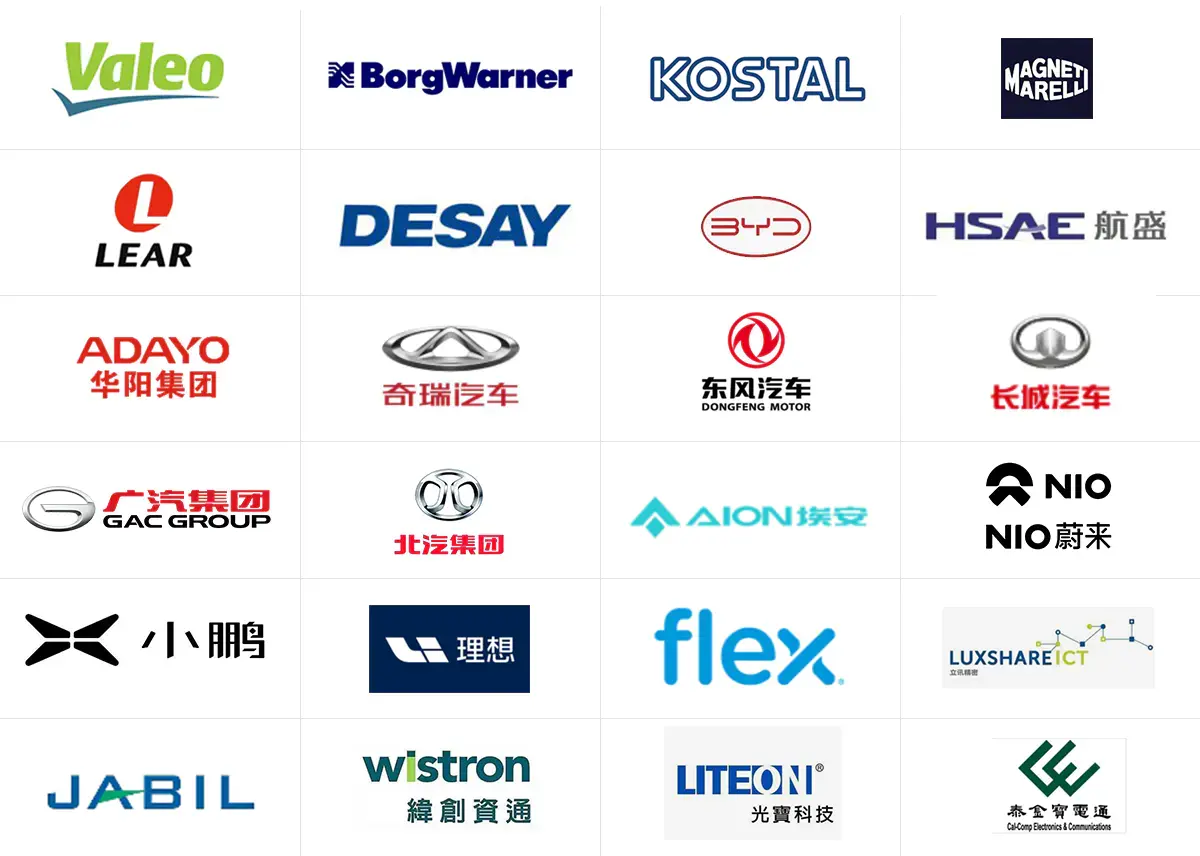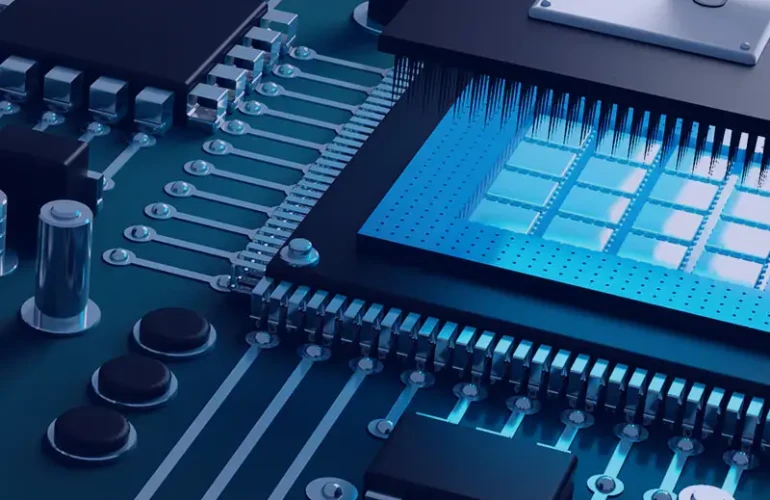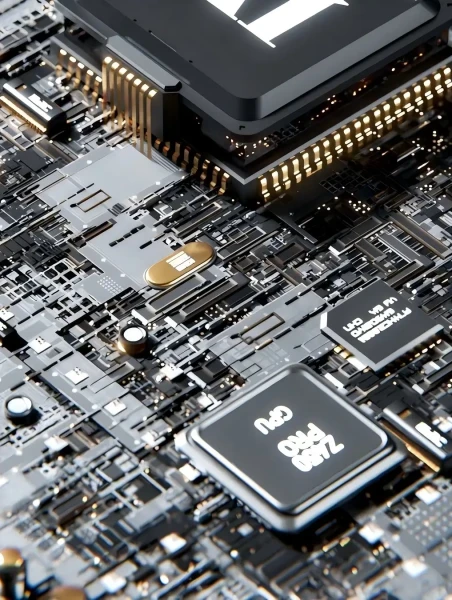
Automotive Grade Chip
Who We Are
Guardian International Electronics Co., Ltd./Shenzhen Taitao Electronic Technology Co., Ltd. is located in Shenzhen, Guangdong Province, China. It is an automotive -grade chip supply chain service provider integrating agency and distribution.
We are committed to providing Automotive Grade Chip solutions for global automotive electronic product manufacturers, it involve new energy, communication, medical, industrial and other fields.
As the world's leading automotive-grade chip supply chain service provider, Guardian/Tai Tao has been committed to offering professional BOM solution consultation for over ten years, focusing on cost reduction and promoting local chips. The company passed the ISO9001 system certification in.
We are committed to providing Automotive Grade Chip solutions for global automotive electronic product manufacturers, it involve new energy, communication, medical, industrial and other fields.
As the world's leading automotive-grade chip supply chain service provider, Guardian/Tai Tao has been committed to offering professional BOM solution consultation for over ten years, focusing on cost reduction and promoting local chips. The company passed the ISO9001 system certification in.
OUR SERVICES
Supply Chain Solutions
10+
Company Exprerience
18+
National Patent
1385+
Cooperation Unit
18+
Premium Customer Base
Do you need an automotive-grade chip supply chain service provider?
This helps ensure quality, schedule and that we’re all working toward same goal
1385 +
Cooperation Unit
OUR CLIENTS
Customers About Our
Automotive-grade chips
Their rigorous testing, long-term lifecycle management, and proactive quality reporting give us absolute confidence.

Mark Donald
MANAGERPartnering with Guardian for our Tier 1 automotive components has been transformative. Their unwavering commitment to **zero-defect quality** and **automotive-grade reliability** (AEC-Q100/101/200 certified) is exceptional.

John Smith
MANAGERFor mission-critical applications where failure is not an option, Guardian delivers unparalleled peace of mind. A truly strategic supplier for the automotive future.

Victoria Porter
CEO of BataPartner
These are the clients we have worked with








